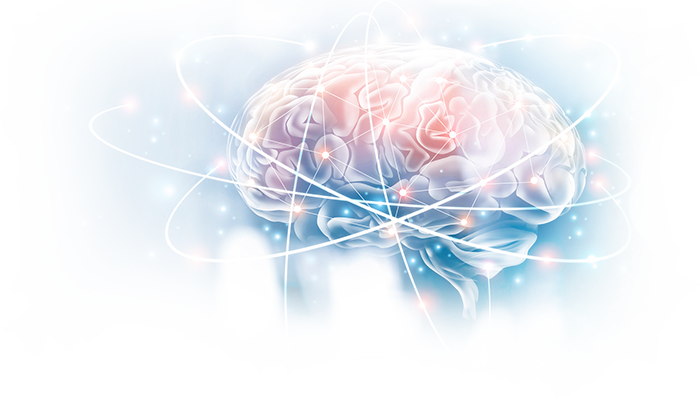The fast-growing number of patients with neuropsychiatric disorders results in an enormous individual, social, and economic burden of disease.
Globally, 615 million people, or almost 10% of the global population, are currently living with a mental health condition.
Of those, 615 million people, more than 50% (320 million people) suffer from Major Depressive Disorder (MDD).
Out of those, 30% (approximately 100 million patients) are suffering from Treatment-Resistant Depression (TRD) – referring to patients who have not responded to at least two approved antidepressant treatments within the same depressive episode – which has even greater economic and societal cost than non-TRD depression.

Despite the widespread and growing use of antidepressant therapies, most patients do not achieve the desired outcome.
72% of patients fail to achieve remission after the first line of treatment, and 34% fail to remit even after multiple lines meeting the criteria for TRD.
In addition, 30% of patients do not recover after 24 months, developing a chronic form of depression.
As a result, there is a high need to develop specific treatments with superior efficacy, minimized side effects, and shorter time to remission. A shift from “one size fits all” to targeted therapies is indispensable to improve the lives of a fast-growing number of patients and relieve health care systems.
